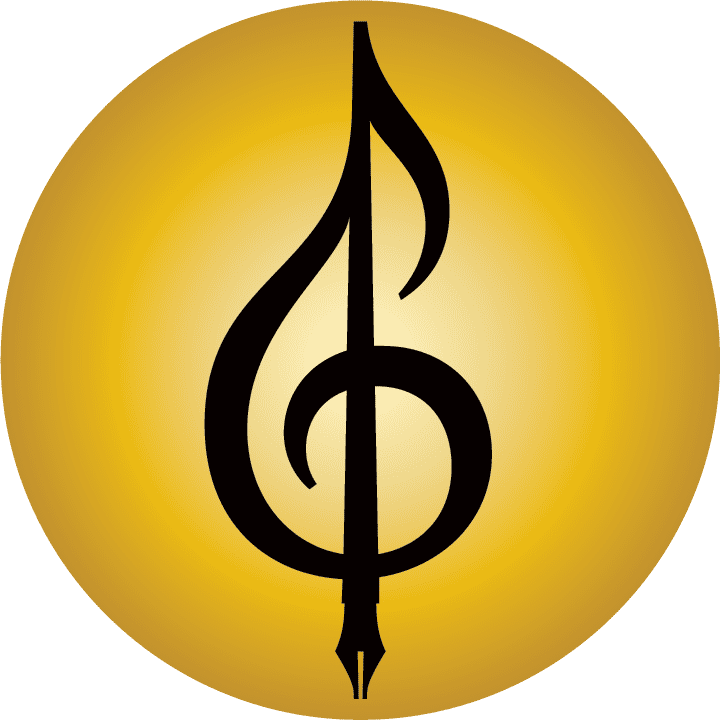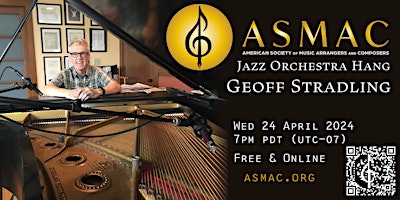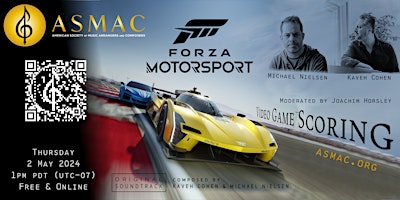 With early sound film scores, studio music departments used the silent film music libraries as a source for early sound film scores, including published scores and parts from these major publishers.[1]
With early sound film scores, studio music departments used the silent film music libraries as a source for early sound film scores, including published scores and parts from these major publishers.[1]
As it became apparent to the studios that there was more money to be made by owning the music they used in their films (the underlying composition, the arrangement/orchestration, and the master recording), to avoid exorbitant licensing fees and complications over international music rights, they started their own music publishing companies for early sound film scores, and/or they purchased existing catalogs of music. They hoped to license this music for other projects, as well as reuse these cues in their own productions. Eventually the American Federation of Musicians instituted rules to stop the studios from re-using the master recordings of cues in subsequent films, making it less expensive to make a new recording of a cue for a subsequent film.[2]
Studio music departments had staff arrangers working around the clock to build this cue library by making arrangements of music in the public domain. Some of these staff arrangers had worked for music publishers that had provided music during the silent film era. When they were not arranging or orchestrating a staff composer’s original music for a film, they prepared arrangements for the library. Sometimes the studio would license a popular song or dance tune from another publisher and have a new arrangement made of it for their film. The staff arrangers had “work-for-hire” contracts, so the studios owned these arrangements and did not have to pay royalties to the arrangers. This kept many arrangers employed during the Great Depression, and it seems that many of them improved their skills on the job doing arrangements for the studio.[3] Some became staff composers and went on to compose film scores; some left the studios because they could not get work as composers and did not want to be “stuck” as arrangers. Composers were paid significantly more; some even received royalties.[4]
Some of the early film musicals were purchased or licensed from the original Broadway show, including rights to the book, lyrics, music—often a package deal. The studio’s music department would create whatever additional music was needed.
Arrangers and orchestrators, for the most part, are not listed on cue sheets, unless the composition is in the public domain. Major Hollywood studio music departments had arrangers and orchestrators on the department staff until the late 1950s.[5]
Corporate executives, music directors, music supervisors, and other non-composers may appear on cue sheets as composer or co-composer of cues or even full scores. This practice is a carry-over from the late 1920s and 1930s, when the music department’s music director was credited for a film score. An arranger might appear on a cue sheet as the composer of the cue, because the underlying composition is in the public domain. At Paramount, they were listed on the cue sheet as “Staff,” not individually named.
Jeannie Gayle Pool, Ph.D., composer, arranger, musicologist, and producer, is a member of the ASMAC Board. She served as the archivist/musicologist for the Paramount studio music department from 1995 to 2012.
[1] For example, the Paramount Pictures Music Library has many published scores stamped “Paramount Theater.”
[2] Studios have always found ways around these rules. They might put music on the stand at a recording session, have the musicians read through it once as a warm-up for the session, log it as recorded in that session, but then use a complete recording of the cue from a previous session for synchronization to film.]
[3] In the Paramount library, the studio took great care to keep the original music from which arrangements were created; they did thorough research to demonstrate that the original composition is in the public domain. Some of the sources were European published editions from the 19th century and some are obviously from the personal collections of the staff arrangers and composers. The studio also collected anthologies of songs, folk tunes, dances, hymns, marches, and the like, for this purpose.
[4] Why did they have problems becoming staff composers? In a couple cases, limited English language skills held them back. I know this from reading internal memos and seeing their handwritten notes and correspondence, however, these sources cannot be cited because of the confidentially of the corporate files. If someone wants to research this issue more thoroughly, I believe there is other corroborating evidence available. In numerous conversations with David Raksin about the older generation of composers, arrangers, and orchestrators working in Hollywood, we discussed this issue with regard to specific people he had worked with in the studios. Some Jewish immigrants, who fled Europe because of the Nazis, were older and never mastered English. Those from Great Britain fared better. Others left the studio music department to teach and write concert music.
[5] Arrangers were in the spotlight recently at the 81st Academy Awards telecast OSCAR show (produced by Laurence Mark). Music Director Michael Giacchino (composer Incredibles, Land of the Lost, Up, Ratatouille) had a different approach to the show: how about a high-energy big band on stage and some new arrangements of oldies but goodies by 21 arrangers working today? How about well-seasoned arrangers like Sammy Nestico, Jack Hayes, Ralph Carmichael, Pat Williams, Bill Holman, Jorge Callandrelli, and Harry Betts? What about the talents of Tim Simonec, Bill Ross, Ira Hearshen, Brad Dechter, Bill Liston, Larry Kenton, Mark Gasbarro, and Larry Rench? What about the younger generation: Jennifer Hammond, Peter Boyer, Chad Seiter, Marshall Bowen, Adam Cohen, and Frank Macchia? Tim Simonec, who is Giacchino’s principal orchestrator and conductor, supervised the team, and what a great team it was!



